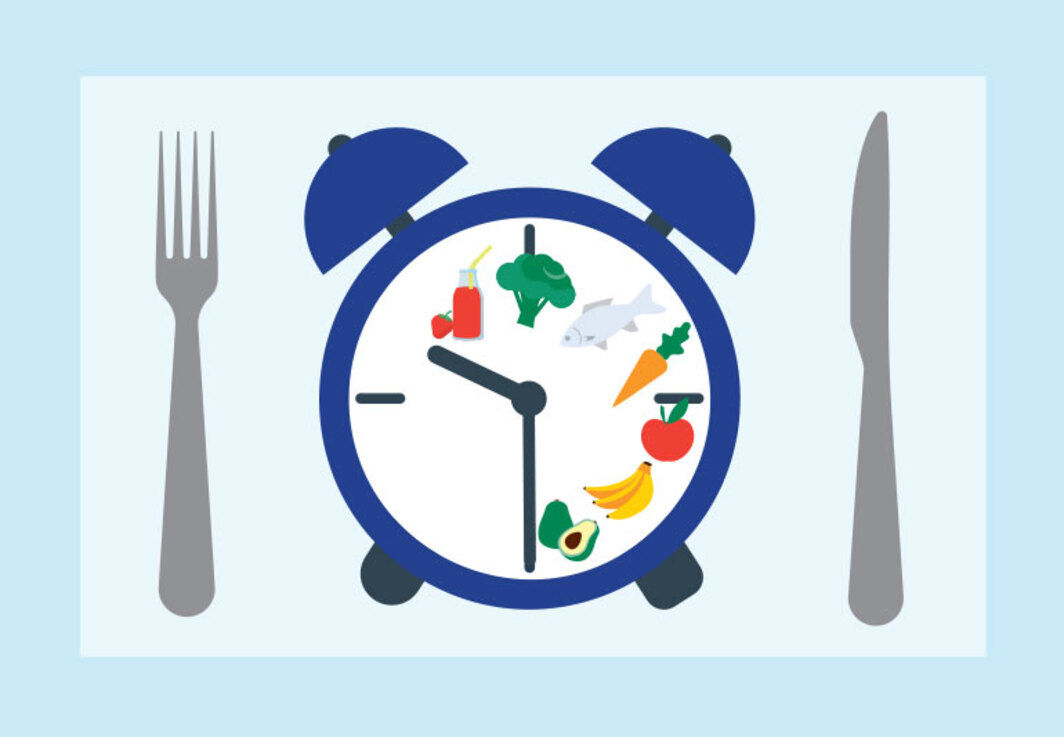Diabetes Management
Decoding the Emotional Toll of Diabetes Management
1 min read
By Apollo 24|7, Published on - 13 March 2024, Updated on - 14 March 2024
Share this article
0
0 like
.jpg?tr=q-80)
Living with diabetes is like walking a tightrope, balancing physical health with mental wellness. Not only does diabetes affect your body, but it also takes a toll on your emotions and mental health. It's a silent struggle that countless Indians face every day.
The Interplay of Mental Health and Diabetes
Mental health is like the unseen puppeteer behind diabetes management. When mental health is compromised, managing diabetes becomes an uphill task, and vice versa. Depression is common among people with diabetes, often compromising the management of the disease and increasing the risk of heart disease.
Diabetes Distress: The Invisible Burden
A significant portion of people living with diabetes often grapples with "diabetes distress." They juggle feelings of frustration, guilt, sadness, and worry about managing their disease. This emotional turmoil can spiral into unhealthy habits, negatively impacting blood sugar levels.
The Importance of Psychological Support
Addressing the emotional needs of people living with diabetes is crucial for their well-being and effective self-care. Unattended psychosocial problems can significantly impair one's mental well-being.
Cognitive Impact and Type 1 Diabetes
Living with type 1 diabetes can negatively affect cognitive functions like attention span, information processing speed, and executive functions across one's lifespan. Depression, anxiety, and distress are prevalent among individuals living with type 1 diabetes, compromising their quality of life.
Adopting Coping Strategies and Seeking Support
In managing diabetes, seeking support from doctors, mental health counselors, and diabetes educators can help alleviate emotional challenges. These professionals offer invaluable guidance to help develop effective coping strategies tailored to each individual's needs.
Living with diabetes is not just about managing blood sugar levels but also about handling the emotional upheaval that comes along with it. Seeking timely professional support helps ease the journey. Remember, mental health is as important as physical health in managing diabetes.
Diabetes Management
Consult Top Diabetologists
View AllLeave Comment
Recommended for you

Diabetes Management
Intermittent Fasting's Impact on Blood Sugar Control
Research has demonstrated that Intermittent Fasting (IF) is a valuable practice that can aid in regulating blood sugar levels. This rhythmic eating pattern resets your body's metabolic functions, enhances insulin sensitivity, and manages weight effectively. It's not just a diet; it's a holistic journey to a healthier you!
.jpg?tr=q-80)
Diabetes Management
An Overview of Sulfonylureas in Diabetes Management
Understanding how Sulfonylureas work in the management of diabetes can empower those living with this condition. Glipizide and Gliclazide, as examples of this medication class, stimulate insulin secretion and reduce hepatic glucose production effectively. However, considerations for prescribing these drugs must include potential side effects such as hypoglycaemia and weight gain. Individual health status and regular blood glucose monitoring remain paramount in ensuring effective diabetes management.
.jpg?tr=q-80)
Diabetes Management
Renal Function Test For The Diabetics & Elderly
Discover the importance of Renal Function Tests for diabetics and the elderly. Compare top packages to monitor kidney health effectively and prevent complications.
Subscribe
Sign up for our free Health Library Daily Newsletter
Get doctor-approved health tips, news, and more.
Visual Stories

8 Fruits That are Incredibly Healthy for Diabetes
Tap to continue exploring
Recommended for you

Diabetes Management
Intermittent Fasting's Impact on Blood Sugar Control
Research has demonstrated that Intermittent Fasting (IF) is a valuable practice that can aid in regulating blood sugar levels. This rhythmic eating pattern resets your body's metabolic functions, enhances insulin sensitivity, and manages weight effectively. It's not just a diet; it's a holistic journey to a healthier you!
.jpg?tr=q-80)
Diabetes Management
An Overview of Sulfonylureas in Diabetes Management
Understanding how Sulfonylureas work in the management of diabetes can empower those living with this condition. Glipizide and Gliclazide, as examples of this medication class, stimulate insulin secretion and reduce hepatic glucose production effectively. However, considerations for prescribing these drugs must include potential side effects such as hypoglycaemia and weight gain. Individual health status and regular blood glucose monitoring remain paramount in ensuring effective diabetes management.
.jpg?tr=q-80)
Diabetes Management
Renal Function Test For The Diabetics & Elderly
Discover the importance of Renal Function Tests for diabetics and the elderly. Compare top packages to monitor kidney health effectively and prevent complications.
